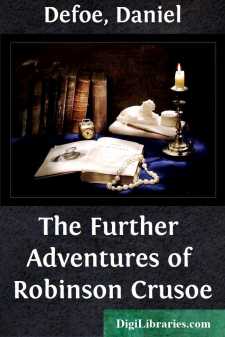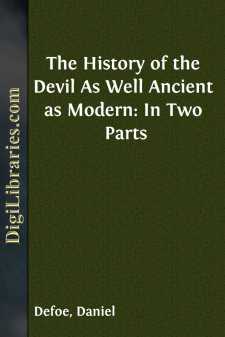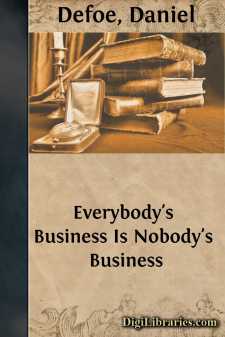Categories
- Antiques & Collectibles 13
- Architecture 36
- Art 48
- Bibles 22
- Biography & Autobiography 815
- Body, Mind & Spirit 144
- Business & Economics 28
- Children's Books 18
- Children's Fiction 14
- Computers 4
- Cooking 94
- Crafts & Hobbies 4
- Drama 346
- Education 58
- Family & Relationships 59
- Fiction 11835
- Games 19
- Gardening 17
- Health & Fitness 34
- History 1378
- House & Home 1
- Humor 147
- Juvenile Fiction 1873
- Juvenile Nonfiction 202
- Language Arts & Disciplines 89
- Law 16
- Literary Collections 686
- Literary Criticism 179
- Mathematics 13
- Medical 41
- Music 40
- Nature 180
- Non-Classifiable 1768
- Performing Arts 7
- Periodicals 1453
- Philosophy 65
- Photography 2
- Poetry 896
- Political Science 203
- Psychology 44
- Reference 154
- Religion 515
- Science 126
- Self-Help 85
- Social Science 83
- Sports & Recreation 34
- Study Aids 3
- Technology & Engineering 60
- Transportation 23
- Travel 463
- True Crime 29
Our website is made possible by displaying online advertisements to our visitors.
Please consider supporting us by disabling your ad blocker.
Dickory Cronke
by: Daniel Defoe
Description:
Excerpt
PREFACE
The formality of a preface to this little book might have been very well omitted, if it were not to gratify the curiosity of some inquisitive people, who, I foresee, will be apt to make objections against the reality of the narrative.
Indeed the public has too often been imposed upon by fictitious stories, and some of a very late date, so that I think myself obliged by the usual respect which is paid to candid and impartial readers, to acquaint them, by way of introduction, with what they are to expect, and what they may depend upon, and yet with this caution too, that it is an indication of ill nature or ill manners, if not both, to pry into a secret that is industriously concealed.
However, that there may be nothing wanting on my part, I do hereby assure the reader, that the papers from whence the following sheets were extracted, are now in town, in the custody of a person of unquestionable reputation, who, I will be bold to say, will not only be ready, but proud, to produce them upon a good occasion, and that I think is as much satisfaction as the nature of this case requires.
As to the performance, it can signify little now to make an apology upon that account, any farther than this, that if the reader pleases he may take notice that what he has now before him was collected from a large bundle of papers, most of which were writ in shorthand, and very ill-digested. However, this may be relied upon, that though the language is something altered, and now and then a word thrown in to help the expression, yet strict care has been taken to speak the author’s mind, and keep as close as possible to the meaning of the original. For the design, I think there is nothing need be said in vindication of that. Here is a dumb philosopher introduced to a wicked and degenerate generation, as a proper emblem of virtue and morality; and if the world could be persuaded to look upon him with candour and impartiality, and then to copy after him, the editor has gained his end, and would think himself sufficiently recompensed for his present trouble.
Among the many strange and surprising events that help to fill the accounts of this last century, I know none that merit more an entire credit, or are more fit to be preserved and handed to posterity than those I am now going to lay before the public.
Dickory Cronke, the subject of the following narrative, was born at a little hamlet, near St. Columb, in Cornwall, on the 29th of May, 1660, being the day and year in which King Charles the Second was restored. His parents were of mean extraction, but honest, industrious people, and well beloved in their neighbourhood. His father’s chief business was to work at the tin mines; his mother stayed at home to look after the children, of which they had several living at the same time. Our Dickory was the youngest, and being but a sickly child, had always a double portion of her care and tenderness.
It was upwards of three years before it was discovered that he was born dumb, the knowledge of which at first gave his mother great uneasiness, but finding soon after that he had his hearing, and all his other senses to the greatest perfection, her grief began to abate, and she resolved to have him brought up as well as their circumstances and his capacity would permit....






















